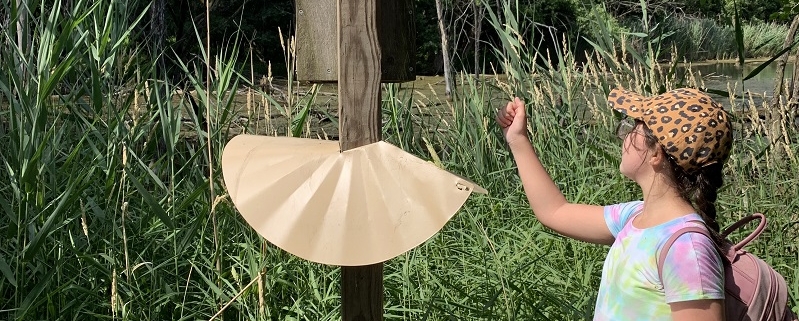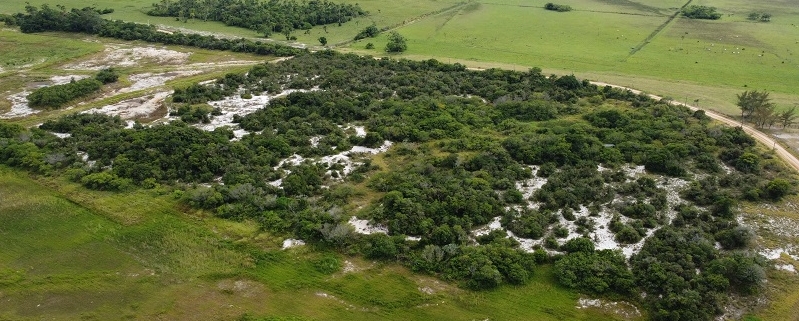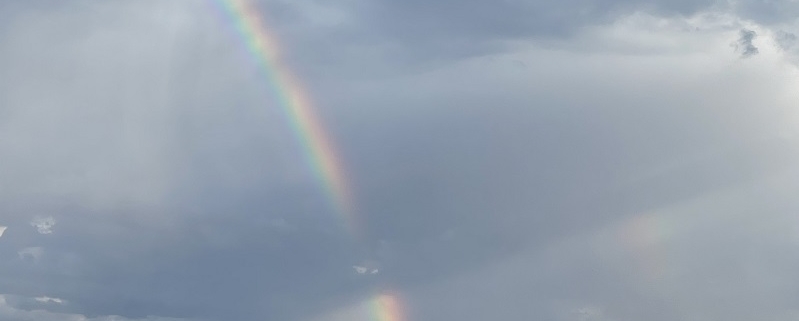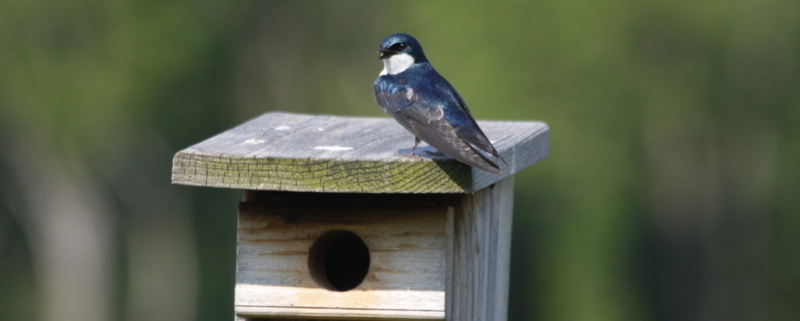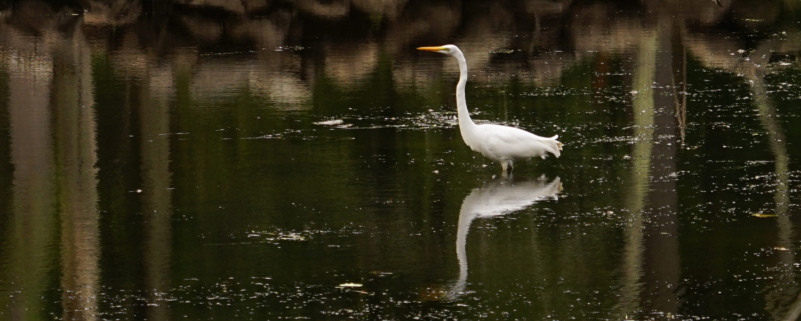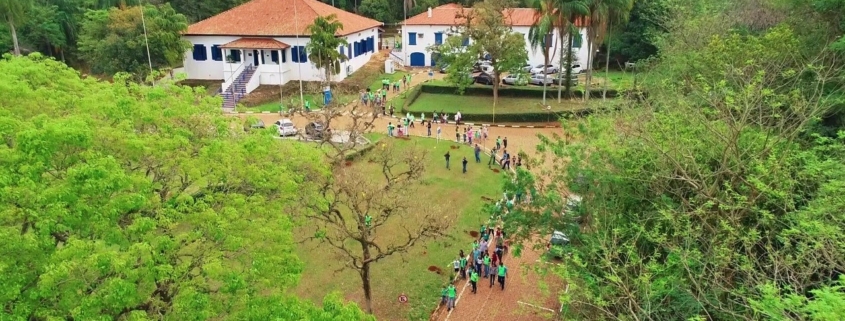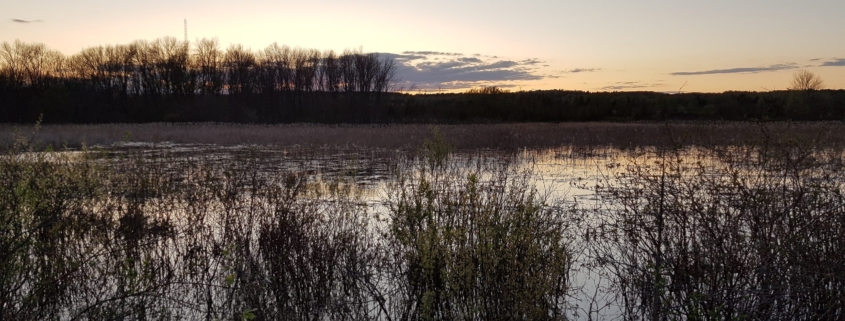Marathon Petroleum Corporation | The Incredible Power of Trees in Southwest Detroit
Many know it as “Motor City.” Detroit, Michigan, is widely held as a center of industry, a metropolitan area that hosts various manufacturing and processing facilities in addition to its automotive exports. Over time, this heavily concentrated industrialization has led to severe legacy impacts on the environment and the human communities inhabiting the area.
Using the power of trees, Marathon Petroleum Corporation (MPC) is working to alleviate these environmental and health concerns. The Boynton and Oakwood Heights neighborhoods of Detroit are two areas in the southwestern corner of the city that have been especially impacted. Their locations near MPC’s Detroit refinery and the River Rouge place these neighborhoods at the intersection of high industrialization and high ecological importance, making them key areas of investment.
With the ultimate goal of reestablishing northern hardwood and flatwood forests, MPC conducted an initial planting in the Boynton and Oakwood Heights area in 2015. Since then, they’ve expanded the area to more than 18 acres, encompassing over 100 species of trees and plants in the area now known as Marathon Gardens.
The benefits of this urban forest are myriad, from human health to water quality to wildlife usage. Marathon Gardens’ placement creates a vegetated buffer between operations and residents, thus helping to filter particulate matter, mitigate high winds and even reduce noise. The canopy created by the forest reduces the urban heat island effect, which can increase daytime temperatures by up to 7° Fahrenheit. In order to install trees in this area, MPC removed impervious surfaces like sidewalks, thereby improving the quality of the stormwater runoff that eventually enters the nearby Rouge River, ultimately benefitting the greater watershed.
And of course, Marathon Gardens has the added benefit of supporting wildlife. Twenty-five bluebird boxes were installed in 2019, and monitoring showed that 12 of the boxes housed completed nests. In 2023 and 2023, the various wildlife species observed in the forest habitat included beavers, turkeys, painted turtle, cottontail rabbits and monarch butterflies.
Urban resilience was an important factor in the trees chosen to ensure that the forest flourishes in this environment. Species like balsam fir, eastern red cedar, white spruce and Kentucky coffeetree fill the forest — and when local residents mentioned interest in fruit trees, MPC added several to the site, including persimmon, paw paw and serviceberry.
Marathon Gardens had a strong start, and MPC plans to continue maintaining and supporting its growth, working with WHC to facilitate tree selection and community involvement in plantings. Partnerships with local conservation organizations like Friends of the Rouge and Greening of Detroit build meaningful connections MPC’s future goals include connecting Marathon Gardens to a larger greenway trail called the Iron Bell Trail in Southwest Detroit, thus creating a green corridor through heavy industry.
Forestry projects like these continue to highlight the capabilities of trees — showing that, even in an urban area, nature can coexist with industry.
Related Content:
Blogs:
- The Many Benefits of Urban Trees
- Restoring Eden in our Communities with Edible Forests – A Conservation Conference Recap
- The Greening of Detroit – How DTE Energy and GM are Helping to Restore Nature in America’s Comeback City
- Corridors of Community: WHC and partners secure funding for alley activations in Detroit
Webinars:
- Community-First Environmental Action – How Crossing the Fence Line Can Create Mutually Beneficial Partnerships
- Assessing the Value and Benefits of Trees: An Intro to i-TreeProject
- i-Tree Software: A Free Tool for Assessment and Reporting
- Forming Productive Partnerships with the U.S. Forest Service
Guidances:
White Papers:
- Nature-based Solutions to Prevent Pollution and Support Biodiversity
- Community-First Environmental Action
- Trees at Work | Driving Conservation, Equity and Empowerment through Urban and Community Forestry
- Private Sector Potential for Community-first Climate Action
- Fostering Corporate-Community Relations through Meaningful Engagement


